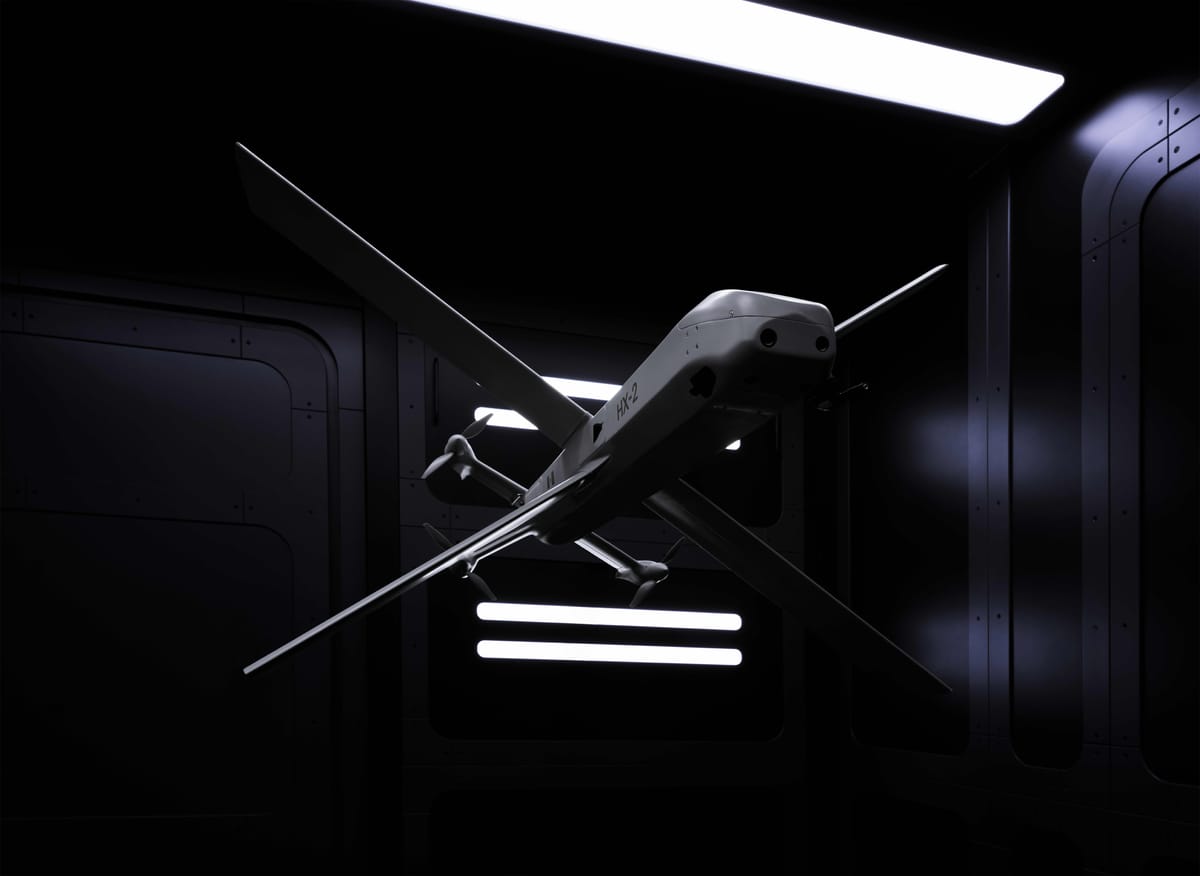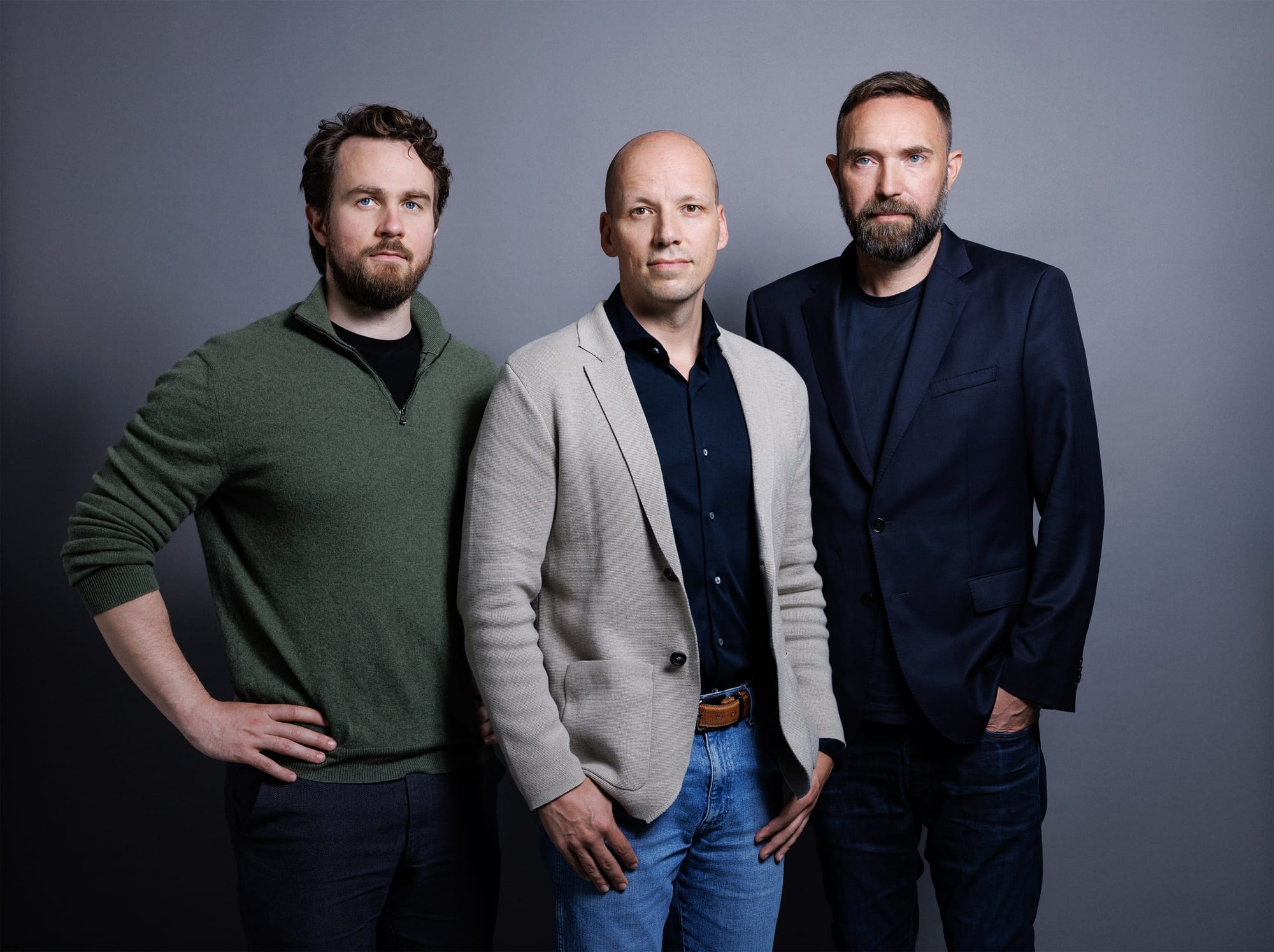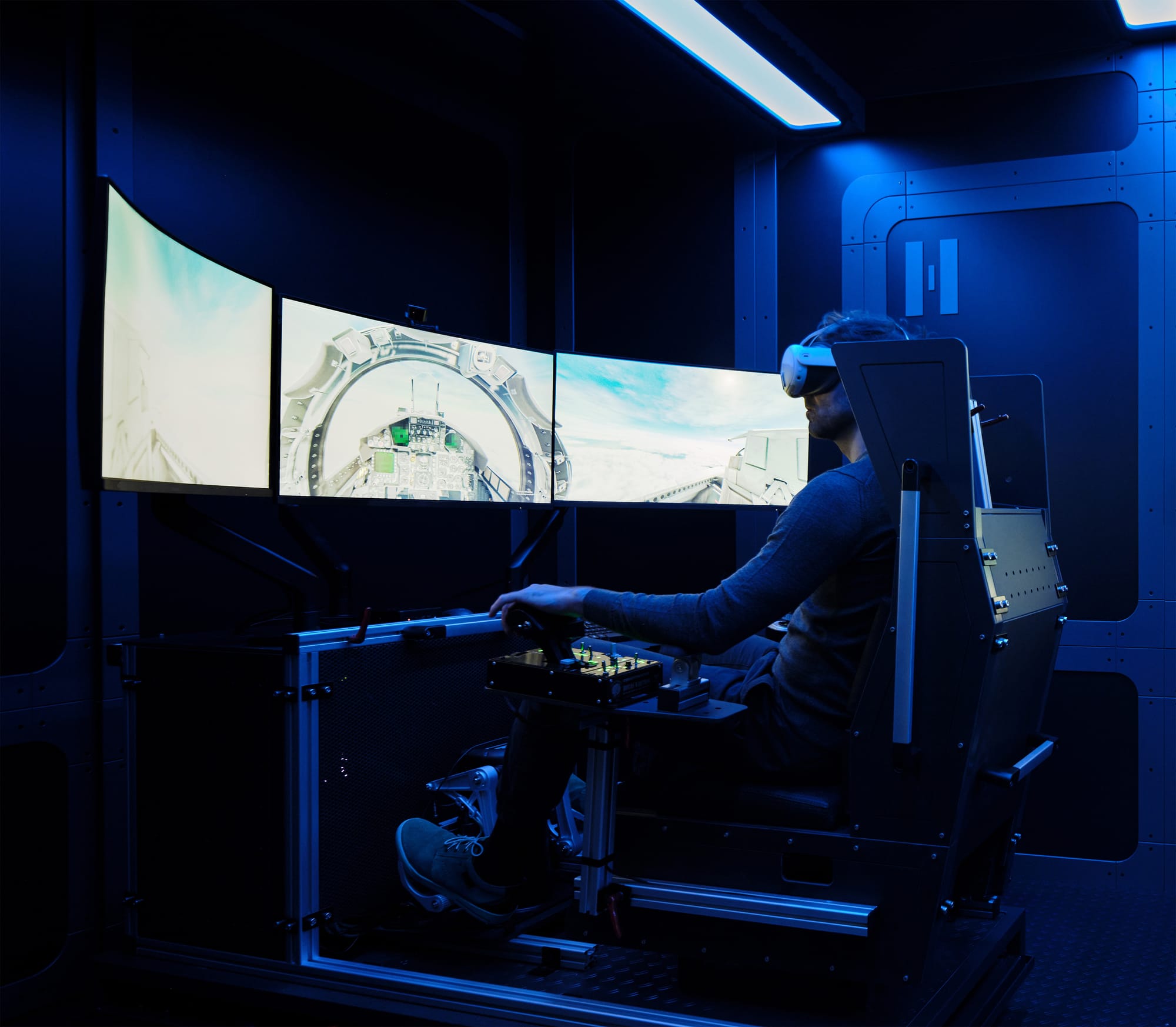Helsing Raises €600M Series D to Accelerate AI-Driven Defense Innovation Across Europe
AI defense startup Helsing has raised €600 million in a Series D round to accelerate the development and deployment of its battlefield AI technologies, pushing its valuation to €12 billion and reinforcing its role in Europe’s defense innovation ecosystem.

Helsing raised €600M in a Series D round, led by Daniel Ek’s Prima Materia, bringing its valuation to €12B and marking one of Europe’s largest defense tech investments.
The company develops AI for military systems, including autonomous drones and AI co-pilots, with deployments across land, sea, air, cyber, and space domains.
Funding will accelerate R&D, production, and expansion, with a focus on supporting European defense sovereignty and working exclusively with democratic governments.
Munich-based defense AI startup Helsing has closed a €600 million Series D funding round, pushing its valuation to €12 billion and cementing its status as one of Europe’s most valuable defense technology companies. The raise, announced in June 2025, comes amid heightened geopolitical tensions and growing demand for sovereign defense technologies across the continent.
Founded in 2021 by Torsten Reil, Gundbert Scherf, and Niklas Köhler, Helsing is positioning itself at the forefront of defense innovation through its proprietary artificial intelligence software. The company integrates AI into defense platforms to enhance battlefield awareness, decision-making, and operational effectiveness. With its systems already deployed in Ukraine and active partnerships across European militaries, Helsing is rapidly becoming a linchpin in the continent’s defense modernization efforts.

The €600 million injection will allow Helsing to scale its technology and expand into new domains. According to the company, the funding will be used to advance its AI capabilities across land, air, sea, cyber, and space. The company is also investing heavily in the production of autonomous systems—both aerial and underwater—and integrating software into more complex platforms, including drones and fighter jets. Helsing recently acquired Grob Aircraft, a German aerospace manufacturer, in a move that underscores its ambition to pair AI with indigenous manufacturing capability.
The round was led by Prima Materia, the investment firm co-founded by Spotify CEO Daniel Ek, who also serves as Helsing’s chairman. Ek’s backing of Helsing has been consistent, with Prima Materia also participating in previous rounds. Other returning investors in this Series D include Accel, Lightspeed Venture Partners, Plural, General Catalyst, and Swedish aerospace and defense company Saab. The round also brought in new institutional capital from BDT & MSD Partners, a firm known for supporting long-term, founder-led companies.
Helsing’s value proposition hinges on the belief that AI will be critical to future warfare—not just as an efficiency tool, but as a strategic multiplier. Its flagship products include Centaur, an AI co-pilot being tested aboard Saab’s Gripen E fighter jet, and Lura, a deep-sea autonomous system designed to detect and neutralize underwater threats. Helsing’s software is designed to operate on secure, edge-based platforms, giving it real-time capability without the need for constant connectivity—an essential feature in combat scenarios.

Helsing’s growth strategy rests on four pillars: continued innovation in defense AI, deeper integration with European defense OEMs and armed forces, expansion into new geographic markets, and a commitment to ethical use of AI in warfare. The company’s founders have repeatedly emphasized that Helsing will only work with democratic nations, distinguishing its positioning in a market where ethical governance is increasingly scrutinized.
The European defense landscape has shifted dramatically since the onset of Russia’s invasion of Ukraine. As governments across the EU increase their defense budgets and seek to reduce reliance on U.S. and non-European suppliers, Helsing’s native capability and cutting-edge technology have made it a natural choice for next-generation defense procurement. Germany and the UK have already contracted Helsing for key systems, and the company is actively expanding its footprint in Nordic and Baltic states.
Helsing’s rise is emblematic of a broader shift in venture capital appetite toward defense and dual-use technologies. Long a neglected vertical in Europe due to political sensitivities, defense startups are now drawing significant interest from both traditional VCs and mission-driven investors. The company’s ability to close a €600 million round—one of the largest in European deeptech—signals growing institutional recognition of defense as a vital area for innovation.

For now, Helsing appears to be on a trajectory of rapid expansion. It is investing in talent, with aggressive hiring across engineering, AI research, and policy roles. It is also scaling its R&D footprint, including new sites across Germany and the UK, and deepening its partnership with industrial players like Saab. The startup’s long-term ambition is to become the European leader in AI-powered defense systems—offering both sovereign alternatives to non-European platforms and driving alignment between NATO allies on next-gen battlefield technology.
As European policymakers look to build technological sovereignty in defense, Helsing’s latest raise positions it as a critical actor in this transition. The company’s blend of operational deployment, high-profile backing, and deep AI expertise has set a new benchmark for what European defense startups can achieve. If it can continue to deliver technologically and navigate the political complexities of the sector, Helsing may well define the future of defense in Europe.




